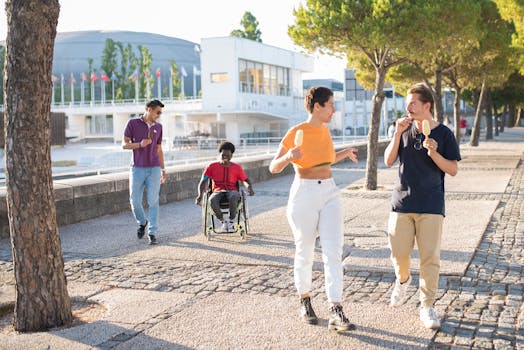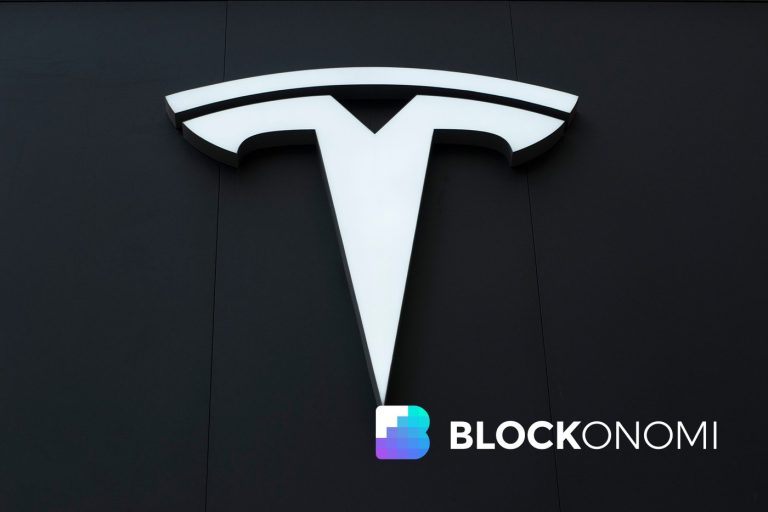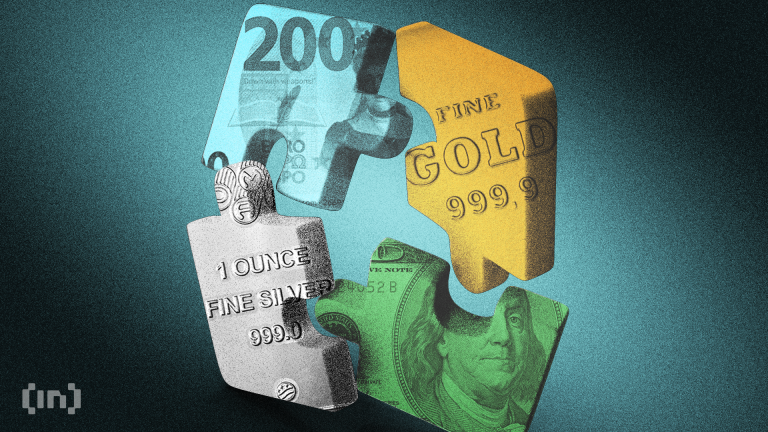
Cultural Fusion: Embracing Diversity in European Lifestyles by 2025
Cultural Fusion: Embracing Diversity in European Lifestyles by 2025 is the future of Europe. As the world becomes increasingly interconnected, the importance of embracing diversity and promoting inclusion cannot be overstated. Europe, with its rich history and diverse cultural heritage, is at the forefront of this movement. In this article, we will explore the concept of cultural fusion and its impact on European lifestyles, as well as the initiatives and trends that are shaping the continent’s future.
What is Cultural Fusion?
Cultural fusion refers to the blending of different cultural practices, traditions, and values to create a unique and vibrant cultural identity. This phenomenon is not new, but it has gained significant momentum in recent years, particularly in urban areas where people from diverse backgrounds come together to live, work, and socialize. Cultural fusion is about embracing the diversity of European cultures and creating a new, inclusive narrative that celebrates the continent’s rich heritage.
European Lifestyles: A Melting Pot of Cultures
European lifestyles are a perfect example of cultural fusion in action. From the cosmopolitan cities of London, Paris, and Berlin to the smaller towns and villages, Europe is a continent where different cultures coexist and intersect. The European Union’s policy of free movement has enabled people to move freely between countries, leading to a significant increase in cultural exchange and diversity. As a result, European lifestyles are becoming increasingly diverse, with people from different backgrounds contributing to the creation of a unique cultural landscape.
Initiatives and Trends Shaping the Future of Europe
There are several initiatives and trends that are shaping the future of Europe and promoting cultural fusion. Some of these include:
- Multicultural Festivals: Many European cities host multicultural festivals that celebrate the diversity of their communities. These festivals feature music, dance, food, and art from different cultures, providing a platform for people to come together and experience the richness of European cultural heritage.
- Language Exchange Programs: Language exchange programs are becoming increasingly popular in Europe, enabling people to learn new languages and connect with others from different cultural backgrounds. This not only promotes cultural understanding but also fosters economic growth and cooperation.
- Intercultural Dialogue Initiatives: Intercultural dialogue initiatives aim to promote understanding and respect between different cultural communities. These initiatives include workshops, seminars, and conferences that bring people together to discuss issues related to diversity, inclusion, and cultural fusion.
Challenges and Opportunities
While cultural fusion offers many opportunities for growth and development, it also presents several challenges. Some of these include:
- Cultural Homogenization: The risk of cultural homogenization, where one culture dominates others, is a significant concern. It is essential to promote diversity and inclusion, ensuring that all cultures are valued and respected.
- Social Cohesion: Cultural fusion can also lead to social cohesion challenges, particularly if there is a lack of understanding and respect between different cultural communities. Initiatives that promote intercultural dialogue and cooperation are essential to addressing these challenges.
- Economic Benefits: Cultural fusion can also have significant economic benefits, including increased tourism, trade, and investment. By promoting cultural diversity and exchange, European cities can become more attractive to visitors, businesses, and investors.
Conclusion
In conclusion, cultural fusion is the future of European lifestyles. By embracing diversity and promoting inclusion, Europe can become a more vibrant, dynamic, and prosperous continent. While there are challenges to be addressed, the opportunities presented by cultural fusion far outweigh the risks. As we look to the future, it is essential to continue promoting cultural exchange, understanding, and respect, ensuring that Europe remains a beacon of diversity and inclusion for generations to come.





